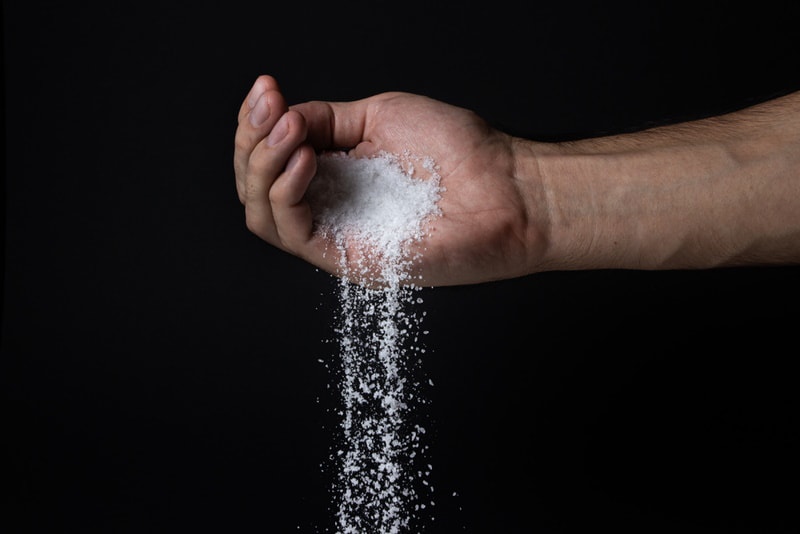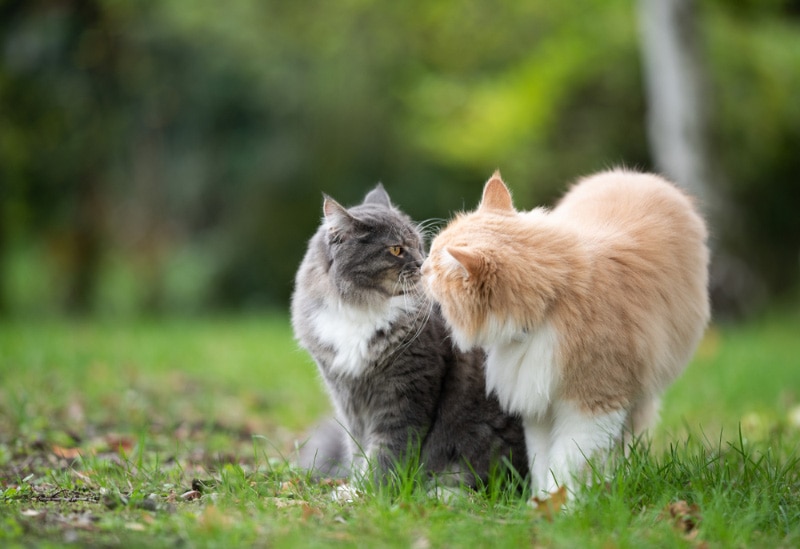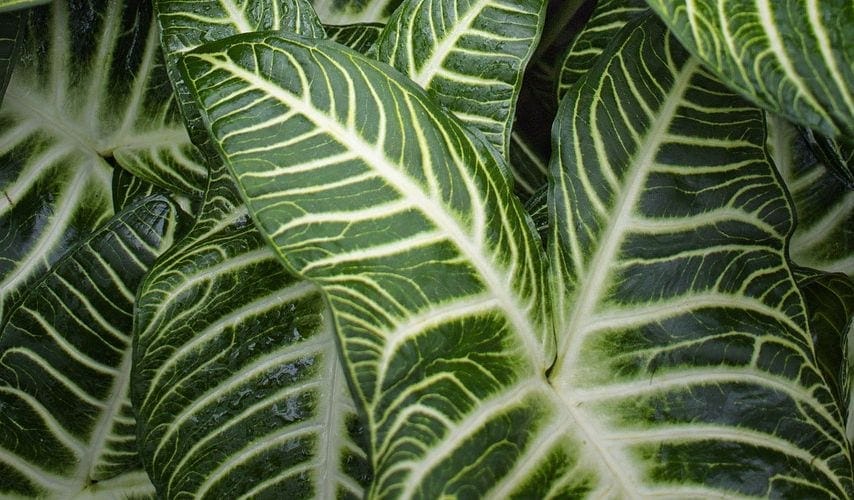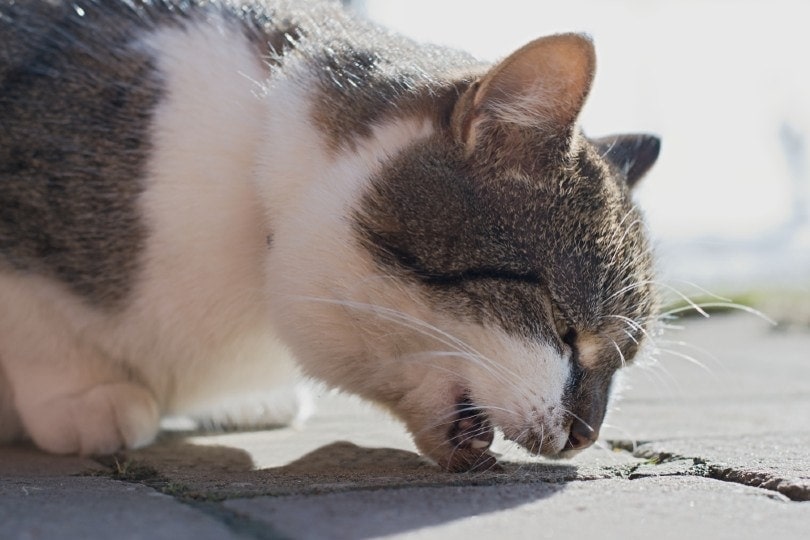Do Cats Like Salt? Vet Reviewed Facts
Updated on

Salt is a necessary nutrient for all living things, including our sweet feline family members. Although cats need a small amount of salt in their diets to stay healthy, there is no evidence that they enjoy the flavor. But is there such a thing as too much salt for cats?
Yes, definitely. Salt may be necessary for many bodily functions, such as electrolyte balance, but too much can be toxic. So, if salt is so bad for cats, why do some enjoy salty foods so much? Read on to find out.
The 2 Reasons Cats May Be Interested in Salt
1. Cats Need Salt in Their Diet
Like every other living thing, cats need salt in their diet for their bodies to operate optimally. Sodium is found in the blood and fluids surrounding cells. It ensures proper nerve and muscle cell function and prevents cells from dehydrating. While many other animals have an innate appetite for salt and will seek or choose salted solutions over fresh water or prefer salted foods, no such appetite for salt has been identified in cats.1

2. Cats Are Curious
Cats are naturally inquisitive. They can easily access any corner of your home and enjoy exploring the world. You may notice them licking your salt lamp or nibbling food leftovers from your kitchen counter. Part of the reason why cats seem interested in salt may be because they can taste it. They do not have the receptors necessary to taste sweetness as we do, but they certainly can savor the flavor of salt.
What Is the Recommended Amount of Sodium for Cats?
The National Research Council recommends that adult cats get at least 10.6 milligrams per kilogram of bodyweight of sodium per day.2 This is the amount necessary for maintenance and for supporting normal growth and development.
Your vet may recommend adjusting your cat’s daily sodium intake to better control its health. For example, they may recommend lowering sodium as a precaution if kidney health is a concern.

Is Salt Toxic?
According to the Pet Poison Hotline, salt can be potentially poisonous to both cats and dogs. This doesn’t just include table salt. Other common household sources of salt include homemade play dough, rock salt (for deicing purposes), and seawater. Even your beautiful Himalayan salt lamp could become a source of poisoning if your cat becomes addicted to its taste.
Salt poisoning is very rare in healthy cats and is unlikely to occur when fresh drinking water is available. Generally, salt poisoning isn’t brought on by eating salty foods alone. Unfortunately, it can be seen after owners try to make their cats sick using salt (directly or mixed with water). Inducing vomiting at home is not recommended at all, and you should always seek veterinary advice for this.
- Vomiting
- Diarrhea
- Inappetence
- Lethargy
- Clumsiness
- Excessive thirst
In severe cases of salt poisoning, your cat may have seizures, go into a coma, or even die.
Final Thoughts
Salt may be necessary for a cat’s health, but your beloved cat shouldn’t be given any additional salty foods. They will get their daily recommended sodium intake from the high-quality cat food you’re feeding them. Any extra salty food you provide, or they happen to eat puts them at risk of salt toxicity.
Related Reads:
Featured Image Credit: andreas160578, Pixabay













